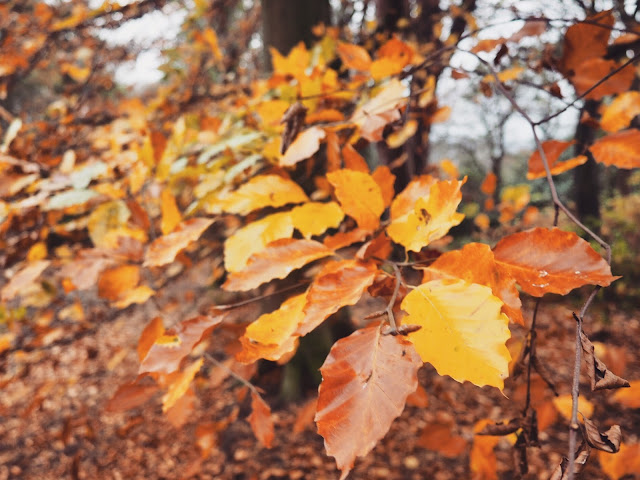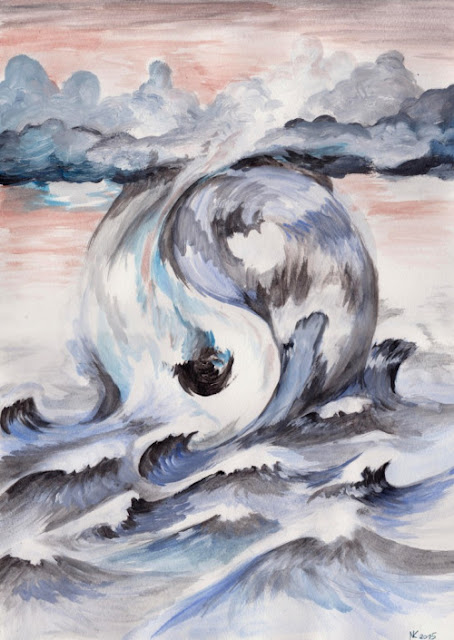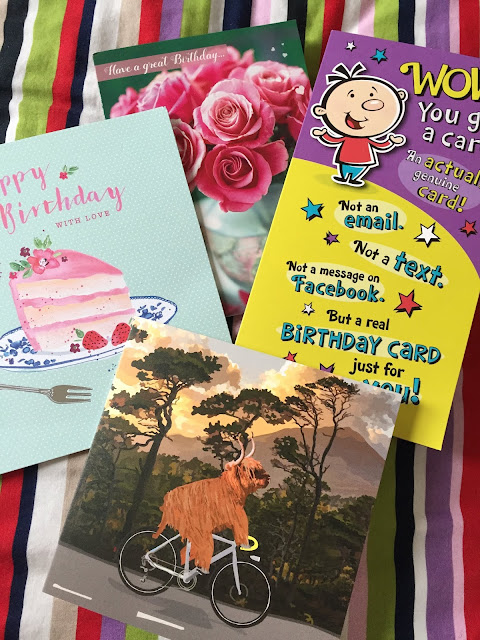Of Bagpipes and Burns: Scottish Stereotypes
22 February 2014



Every country and culture has stereotypes that
go alongside it, some truer than others. Scotland of course, is no different.
However, what I have noticed is that while Scotland is part of the U.K.,
British stereotypes tend to be more closely associated with the English portion
of the country. It is a common mistake to think of the U.K. and England synonymously,
when this is not true. As a Scot, I have no objection to being called British, but
I am certainly not English.
go alongside it, some truer than others. Scotland of course, is no different.
However, what I have noticed is that while Scotland is part of the U.K.,
British stereotypes tend to be more closely associated with the English portion
of the country. It is a common mistake to think of the U.K. and England synonymously,
when this is not true. As a Scot, I have no objection to being called British, but
I am certainly not English.
Personally, I feel we have some
stereotypes shared with the rest of the nation, which I will mention first. For
starters, there is the dry, witty British sense of humour, dripping with
sarcasm, which I adore and absolutely partake in whenever I can. I’m not a fan of blatant, crude comedy, but
if made clever then it can be hilarious. There’s also the British politeness
and awkwardness, which is most definitely shared across the country. I’m
forever going out of my way to avoid causing hassle to others or making a
scene, and I tend to bite my lip rather than speak up. This is also a personality
trait, and there are plenty of Brits who will make a fuss, but as stereotypes
go, this one is truer than most. We
also, as a nation, love to complain. Sounds contradictory, when we’re always
trying to be polite, but we’ll certainly have a good whine when we can. Scots
often come with the label of being “miserable bastards” and I think we are at
times, but no more than the rest of the U.K, I’d say. We can very friendly and
welcoming when we want.
stereotypes shared with the rest of the nation, which I will mention first. For
starters, there is the dry, witty British sense of humour, dripping with
sarcasm, which I adore and absolutely partake in whenever I can. I’m not a fan of blatant, crude comedy, but
if made clever then it can be hilarious. There’s also the British politeness
and awkwardness, which is most definitely shared across the country. I’m
forever going out of my way to avoid causing hassle to others or making a
scene, and I tend to bite my lip rather than speak up. This is also a personality
trait, and there are plenty of Brits who will make a fuss, but as stereotypes
go, this one is truer than most. We
also, as a nation, love to complain. Sounds contradictory, when we’re always
trying to be polite, but we’ll certainly have a good whine when we can. Scots
often come with the label of being “miserable bastards” and I think we are at
times, but no more than the rest of the U.K, I’d say. We can very friendly and
welcoming when we want.
Following on from that last point, into
the uniquely Scottish stereotypes, one of the things the Scots are thought to
complain about most is the English. This is, by and large, untrue. We dislike
being mistaken for English, and we can get pretty riled up during sports and
competitions – just look at the Calcutta Cup matches. However, none of this
should be taken seriously and there is no real animosity between the countries.
I have plenty of family and friends who are English, and their nationality in
no way affects our relationship. The main difference, I feel, is in the fact
that Scots are a very patriotic nation, in a way that I don’t think the English
are, and I’ve had this confirmed by people I know. Scotland has a rich culture
and heritage, and we take immense pride in that fact, so sometimes this can
come across as being anti-English, though this is rarely the case. Our pride
can change at the drop of a hat though, and we can be quite cynical about our
own nation – although again, this differs between individuals. However, we are
quick to the defence when anyone else tries to criticise us.
the uniquely Scottish stereotypes, one of the things the Scots are thought to
complain about most is the English. This is, by and large, untrue. We dislike
being mistaken for English, and we can get pretty riled up during sports and
competitions – just look at the Calcutta Cup matches. However, none of this
should be taken seriously and there is no real animosity between the countries.
I have plenty of family and friends who are English, and their nationality in
no way affects our relationship. The main difference, I feel, is in the fact
that Scots are a very patriotic nation, in a way that I don’t think the English
are, and I’ve had this confirmed by people I know. Scotland has a rich culture
and heritage, and we take immense pride in that fact, so sometimes this can
come across as being anti-English, though this is rarely the case. Our pride
can change at the drop of a hat though, and we can be quite cynical about our
own nation – although again, this differs between individuals. However, we are
quick to the defence when anyone else tries to criticise us.
Our rich culture is full of the most
well-known stereotypes however – bagpipes and kilts and haggis and the like.
These are all things that still exist in our culture, just not on a regular
basis. We eat haggis at Burns suppers, not every day. Kilts are only worn to
weddings, ceilidhs and other special occasions or ceremonies. Some people
choose to learn the bagpipes, but certainly not all. We learn Burns at school,
but most of us can’t recite any at the drop of a hat. Ginger hair is more
common here than any other country, but it’s still the minority hair colour. We
learn ceilidh dancing at school too, but only use it a few times a year at most
(though it’s the most fantastic fun). We are a pretty boozy nation, but we
drink more than just whisky – wine, rum or vodka would be my poison of choice. However,
while it can be pretty annoying to have people think these things about us all
the time, they are the things that make Scottish culture unique and memorable
to other nations. There’s also the accent, marking us out as different to our
English neighbours. I’m often frustrated at my own, as it only sounds strong
when I’m around other Scots, meaning I have been mistaken for English before.
However, it does make it easier for me to be understood, whereas a thick accent
can be unintelligible to non-Scots.
well-known stereotypes however – bagpipes and kilts and haggis and the like.
These are all things that still exist in our culture, just not on a regular
basis. We eat haggis at Burns suppers, not every day. Kilts are only worn to
weddings, ceilidhs and other special occasions or ceremonies. Some people
choose to learn the bagpipes, but certainly not all. We learn Burns at school,
but most of us can’t recite any at the drop of a hat. Ginger hair is more
common here than any other country, but it’s still the minority hair colour. We
learn ceilidh dancing at school too, but only use it a few times a year at most
(though it’s the most fantastic fun). We are a pretty boozy nation, but we
drink more than just whisky – wine, rum or vodka would be my poison of choice. However,
while it can be pretty annoying to have people think these things about us all
the time, they are the things that make Scottish culture unique and memorable
to other nations. There’s also the accent, marking us out as different to our
English neighbours. I’m often frustrated at my own, as it only sounds strong
when I’m around other Scots, meaning I have been mistaken for English before.
However, it does make it easier for me to be understood, whereas a thick accent
can be unintelligible to non-Scots.
So, as you may have gathered I’m very
proud of my national identity, and I hope this clears up some of the stereotypes
and misconceptions about us. Any other Scots who agree or disagree with what I’ve said? What do other people think about their nationality
and how it is perceived?
proud of my national identity, and I hope this clears up some of the stereotypes
and misconceptions about us. Any other Scots who agree or disagree with what I’ve said? What do other people think about their nationality
and how it is perceived?
You May Also Like

Musings on Autumn
22 September 2020
Musically Inspired – Finding Our Balance
16 April 2016

6 Comments
Unknown
I found this a really good read! It was very well written and I found it really interesting to see the similarities between English and Scottish cultures, and where you consider the differences to lie too.
I think I agree with everything you said, too!
Thanks for commenting on my blog, and I really enjoyed the post!
Emily x – prettypleaseblog.co.uk
Charlotte
Thank you so much 🙂
Stnkrbug
This was really fun to read! I live in the United States, but a lot of my family history is traced back to Scotland, so I have always been fascinated with the country, and I really want to visit someday! I really love how Scots take such pride in their country, because sometimes it feels like no one in mine is unified in the slightest!
Really great post (:
xx
Kendra | It's a Bug's Life
Charlotte
Thanks for reading & commenting! That's really cool, maybe we have some shared lineage back there! I always thought it was pretty cool how the U.S. is so diverse in their heritages, so it's interesting to hear how others feel about it.
Thank again 🙂 x
Anonymous
Hello,
I came across your blog through the huffington Post, I am an English teacher in France and we are talking about Scotland, the referendum, the identity, its heroes, its stereotypes and this is just perfectly written for my students!
Is there a way to contact you by email? Thank you!
Christelle
Charlotte
Thank you very much! I also wrote another post recently about the referendum, if it's any help to you.
http://www.justmuddlingthroughlife.com/2014/09/whats-next-for-scotland.html
My email address can be found on my blogger profile, if you just click my name on this comment or at the top of the page under "About Me"